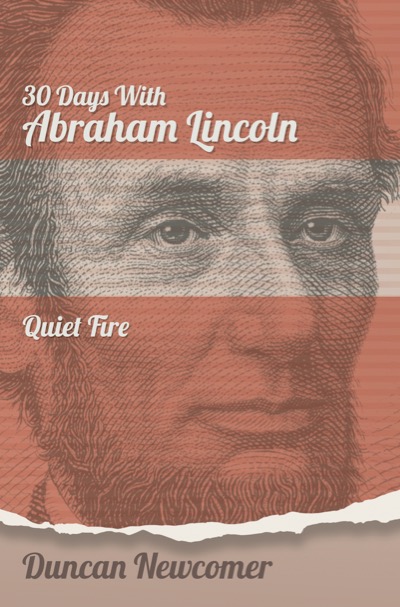By DAVID CRUMM
Editor of Read the Spirit magazine
As he began his turbulent presidency, Abraham Lincoln confidently stood at Old Independence Hall in Philadelphia and asked for “the generous cooperation of the people of this nation.”
Less than two months later, the tragedy of the Civil War began began and would continue until it claimed 620,000 American lives—more than were lost in the Revolutionary War, the War of 1812, World War I, World War II and the Korean War, combined.
Throughout the four years of that cataclysmic conflict, Lincoln’s vision remained laser focused on reuniting the nation and, eventually, on completing the unfinished work of our Declaration of Independence by ending the enslavement of millions of Black Americans.
Lincoln described that vision himself on that morning in Philadelphia. He said, “I have never had a feeling politically that did not spring from the sentiments embodied in the Declaration of Independence.” That vision later echoed in his Gettysburg Address.
The founding principles of our publishing house parallel Lincoln’s vision in many ways, which is why one of our most important books, since our founding in 2007, is Duncan Newcomer’s 30 Days with Abraham Lincoln: Quiet Fire.
To Celebrate Lincoln’s 214th Birthday, Let’s Remember His Wisdom
For many years, we have been publishing columns by Lincoln scholar Duncan Newcomer, recalling Lincoln’s prophetic wisdom for our nation. Here are just a few of those memorable columns to spark your reflections this week. Please, if you find this helpful, share this column with friends via social media and email.
Marking the anniversary of those 272 words at Gettysburg
In this 2020 column, Duncan wrote about the fullness of Lincoln’s hopes as expressed in the Gettysburg Address.
Let’s remember how he reached across the aisle to discover new friends
In a move that seems unthinkable today, the nation’s most famous Republican sometimes reached across the political aisle to work with members of other parties.
In this thoughtful column, Duncan reminds us that “Lincoln did not try to divide people with anger, he tried to unite people with kindness, compassion really.” This leads to the deeper question: What shaped such a soul?
.
And, again, we suggest: Please, if you find this column helpful, share it with friends via social media and email.
.

